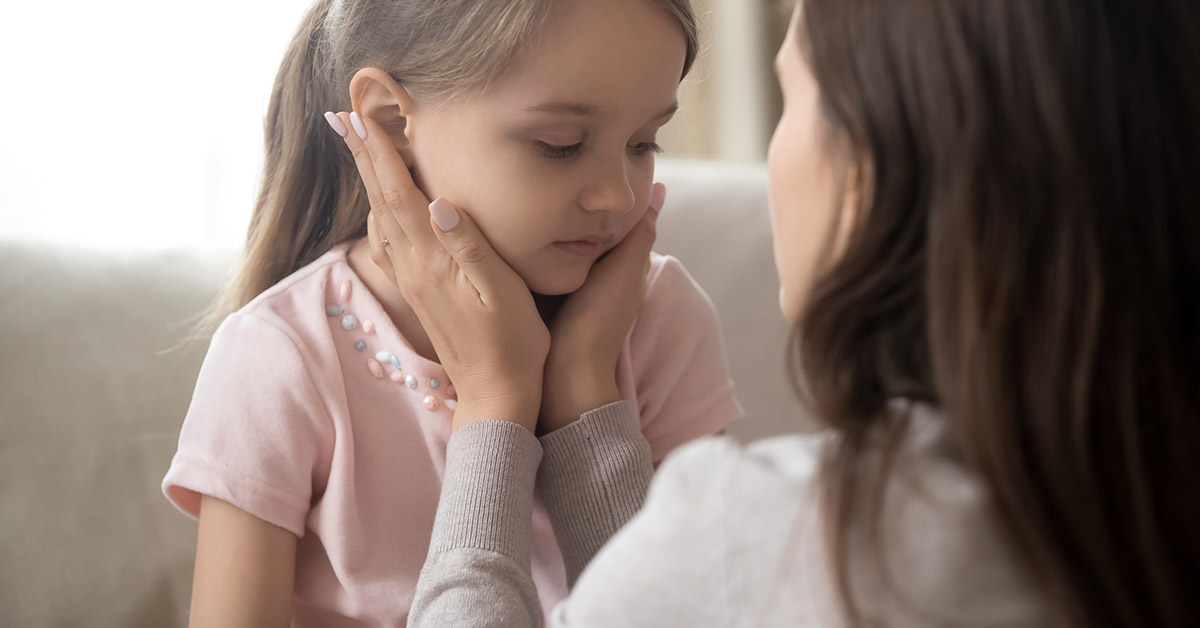Kids are like sponges—they are always repeating what they hear and see as they learn how to fit in with their surroundings. Ask any mom. People usually think of a child’s growth in terms of reaching milestones, learning colors, or counting to 10. But experts have found that emotional intelligence may be just as important, if not more so, for their future success. How then do you know what’s going on with your kid? Good news: there are signs that your child is emotionally intelligent, and any parent can start to help their child develop emotional intelligence. You just need to know what to look for. What exactly is emotional intelligence? Emotional intelligence, according to the Gottman Institute, means being able to recognize, understand, share, and control your feelings.
Not so Easy for Some
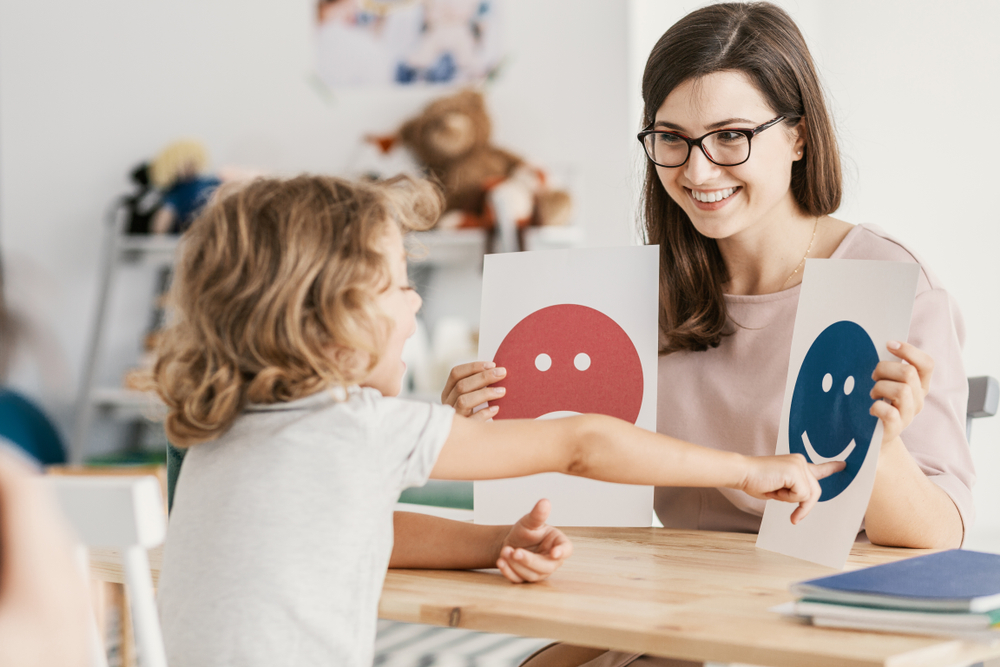
Some adults find it hard to do this, so you might be surprised to learn that children can develop emotional intelligence as soon as they can talk to others, says Lisa Firestone, Ph.D., clinical psychologist, author of Conquer Your Critical Inner Voice, and Psychology Today contributor. So having a baby who cries or a preschooler who is acting up might be a good thing. Kindness is shown when a child cries when they hear another child being upset. Aha! says it’s important for people to be able to name their feelings and talk about them clearly. Raising kids. As is finding ways to deal with stress, like counting to ten or breathing deeply.
Don’t worry if your child doesn’t seem emotionally smart. If you help them own and talk about their feelings, solve problems, share, and connect with others, the Gottman Institute says, you can improve their emotional intelligence and set them up for a lifetime of success and happiness.
Read More: Giving your children experiences instead of toys boosts their intelligence and happiness
Feel All the Feels

One of the first things kids learn is how to show how they feel. As our kids get older, though, society may make it harder for them to talk about their feelings because it tells them to stop crying or only pushes them to show what we think are good emotions. We should stop doing this, like, right now, says the Gottman Institute. On the contrary, we should urge our kids to show all of their feelings. They need to feel safe and heard, and being able to do that is a sign of emotional intelligence.
Empathy: Key to EQ at Young Age
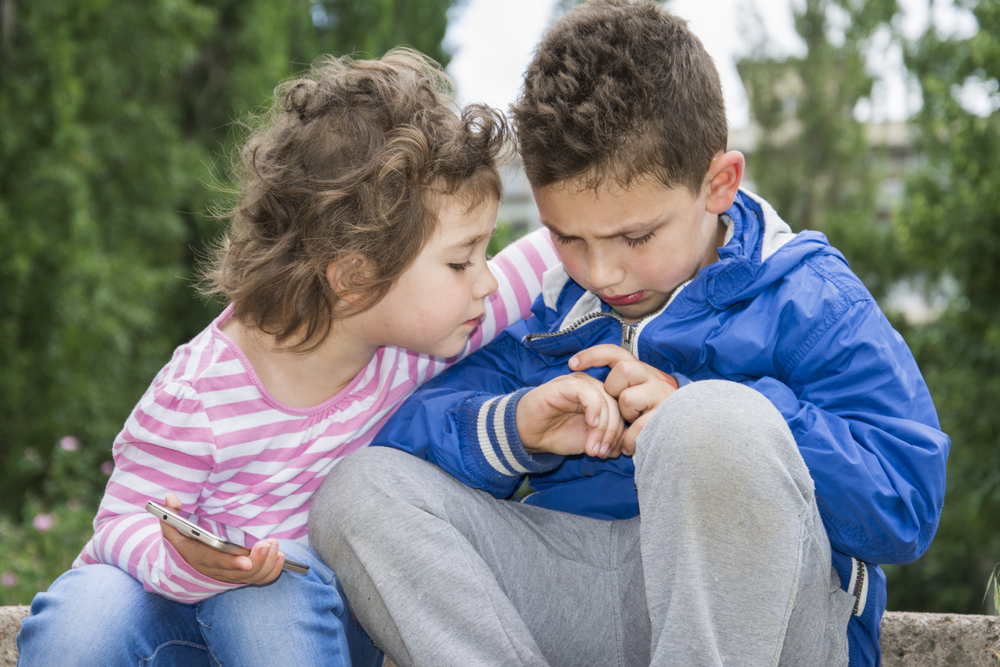
It’s not easy for most adults, let alone kids, to understand how someone else is feeling and show empathy or understanding. One important part of emotional intelligence (EQ) is having empathy for other people. For example, wanting to help another kid on the field or giving you a hug when you’re sad are both examples of empathy. EQ at a young age has been linked to future success, health, and happiness, she says.
Naming Feelings: Key to Emotional Intelligence
https://www.shutterstock.com/image-photo/concept-childrens-emotions-child-girl-chooses-1080
Aha! Parents are told to help their kids name their feelings. Figuring out the exact event or feeling that made them sad, angry, or scared can help keep those feelings from happening again and solve the problem at hand. Getting better at these skills is a big part of becoming emotionally intelligent, and you should support your kids when they own their feelings.
Feelings Fuel Connections
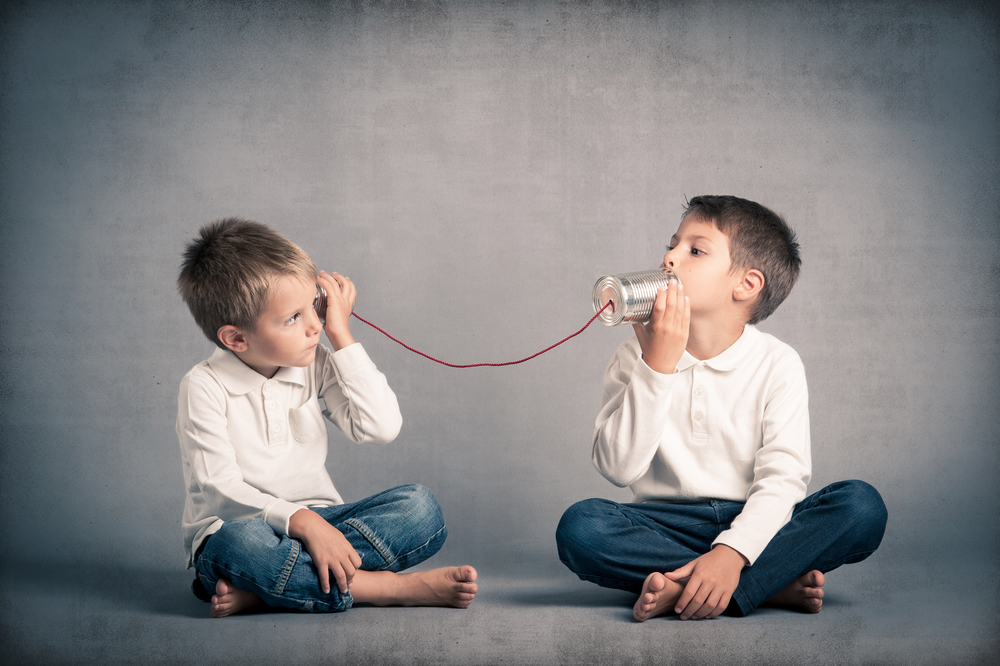
Firestone says the next step to becoming emotionally intelligent is to show your feelings and use them to connect with other people. If this is the case, then as parents, we should tell our kids when they’re feeling down and connect with them on an emotional level to help them figure things out and get through changes.
Read More: 8 Signs Of High Intelligence That Cannot Be Faked
Curious Minds = High EQ

Naomi Nessim writes for Solv. Health Care that another sign of emotional intelligence is having an open mind and wanting to learn more about the world and other people. You should definitely support your child to keep asking “why” or being interested in stories about other people getting through tough times. This is a clear sign that they are developing empathy, which is an important part of EQ.
As Nessim points out, kids who have a lot of emotional intelligence tend to listen to their friends a lot. Everyone knows they will listen and help them figure things out. As soon as your kids are old enough to talk, show them what it looks and feels like to be heard. This will instantly help them learn how to listen.
Handling Disappointment Like a Champ
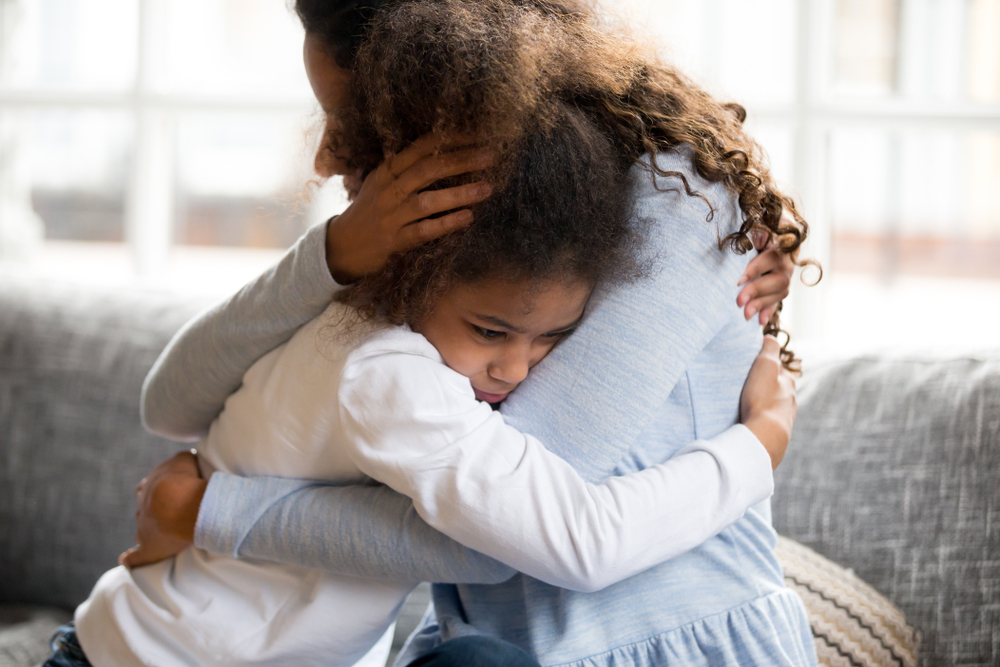
Even if they don’t say it, most people still have trouble dealing with change and moving on when things don’t go as planned. An important part of emotional intelligence may have already been learned by your child if they can handle changes in your routine or bad news that came as a surprise, says Aha! Parenting. They also say that as parents, we can help them get there by staying calm in times of trouble and not letting our feelings get the best of us.
Teaching Kids Emotional Skills

The Gottman Institute says that young children seem to be full of raw, uncontrolled feeling some days. Most kids don’t learn how to control their feelings and deal with bad things that happen at a young age. As parents, we should be proud of our kids when they learn how to calm down by breathing, counting, or playing. This is an important skill for emotional intelligence.
Read More: 18 Habits You Probably Developed if You Weren’t Loved as a Child
This content has, in part, been generated with the aid of an artificial intelligence language model. While we strive for accuracy and quality, please note that the information provided may not be entirely error-free or up-to-date. We recommend independently verifying the content and consulting with professionals for specific advice or information. We do not assume any responsibility or liability for the use or interpretation of this content.
